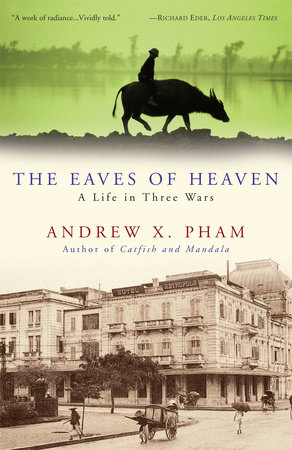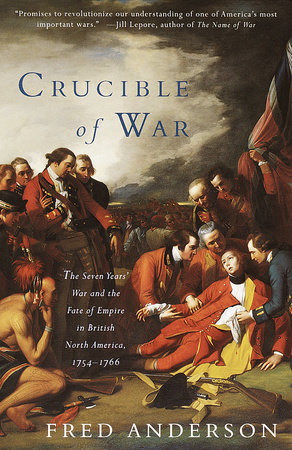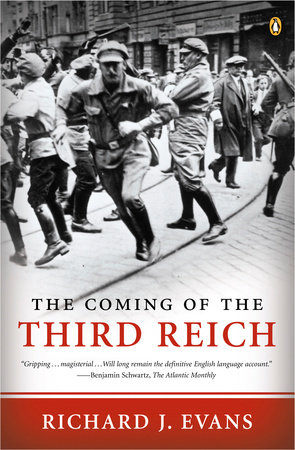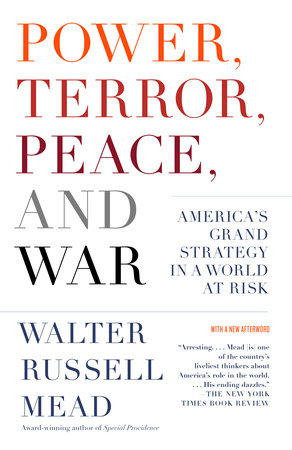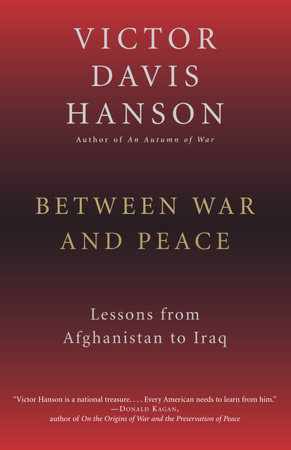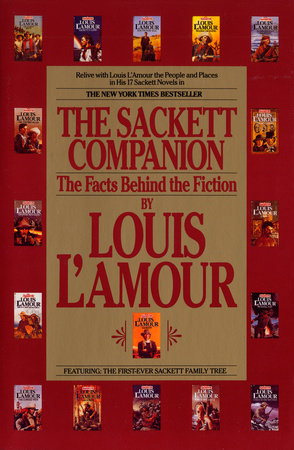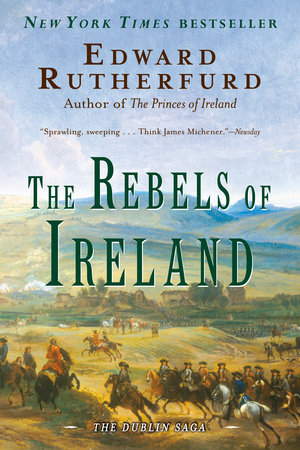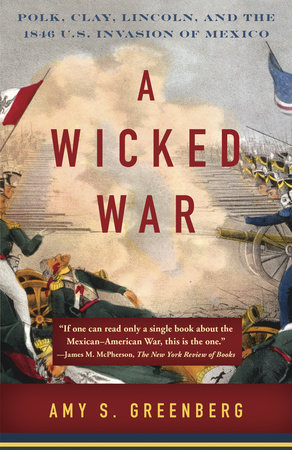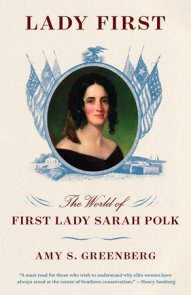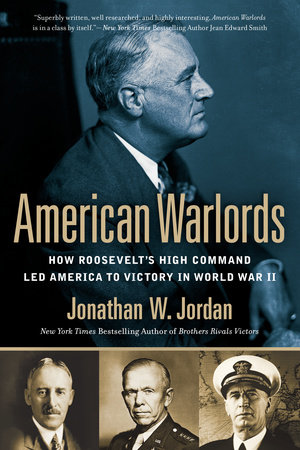Author Q&A
Q: How does your approach in A Wicked War differ from what other historians have written about James K. Polk, Henry Clay, and Abraham Lincoln?
A: Historians have not previously focused on the interactions between these three towering political figures, which is odd, given that Clay and Polk faced one another in 1844 in one of the most crucial nineteenth-century elections, Lincoln’s first congressional speech was devoted to an attack on Polk, and Clay was the most influential political figure in Lincoln’s early career. The lives of these three men were tightly interwoven between 1843 and 1848, the period my book covers, and the war affected all three of them in profound ways.
Readers will also learn new things about these men as individuals. In the huge literature on Lincoln very few historians have considered his crucial first (and only) term in Congress in depth, while even fewer have thought about the importance of the U.S.-Mexican War in his political development. This is also the first account of how Polk’s marriage shaped both him and his presidency, and how Henry Clay, near the end of his career, was transformed as a politician and person after the death of his most promising son in the signature battle of the U.S.-Mexican War.
Q: John J. Hardin and Nicholas Trist are less well-known, although both played key roles in the U.S.-Mexican War. What led you to their stories above others?
A: Hardin was Lincoln’s chief political rival in Illinois politics and for a time one of his closest friends. They were about the same age, and had Hardin survived the U.S.-Mexico War he may very well have overshadowed Lincoln in the 1850s. He is a fascinating character in his own right, and he left voluminous correspondence about his experiences both as a politician and an officer in the U.S. Mexican War. Yet there has been no published biography of this man. I ended up focusing on him because he struck me as a very typical volunteer in many ways, and also because of his close relationships with Lincoln and Clay.
Trist has also been ignored by scholars, but he did something incredibly brave—he defied Polk’s orders to leave Mexico and negotiated a peace treaty that was relatively generous to Mexico, even though he knew it would cost him his career. And it did.
Q: Why did Abraham Lincoln oppose the U.S.-Mexican War, and how did that war influence his future political career?
A: Most people don’t realize that as a young captain in the Black Hawk War in Western Illinois in 1832, Lincoln witnessed atrocities against civilians committed by Indians. He also restrained his men when they wanted to kill an elderly Potawatami man who appeared at their camp seeking help. I think these wartime experiences had a profound effect on Lincoln, leading him to value the sanctity of civilian life and the rules of war generally. Lincoln had always planned on focusing on economics when he finally made it to Congress, but the 1846 war against Mexico got in the way of these plans. By the time Lincoln made it to Congress stories of American atrocities against Mexican civilians were widespread, and Lincoln heard Henry Clay give a widely-reported speech opposing the war. So when Lincoln entered Congress he had a choice to make—discuss tariffs, or oppose a war that many in the United States considered unjust. Lincoln chose to oppose the war.
Lincoln’s “Spot Resolutions” against the war provided him with his first taste of national fame—they were far more widely reported than previous scholars have noted, and his experience opposing the war shaped him as a leader, providing him with concrete evidence that he could merge moral and practical concerns, and helping him forge alliances with abolitionists who were at the forefront of the antiwar movement.
Q: You write about the complexity of Polk’s character and the reader may find him/herself alternately feeling sorry for him and considering him the “villain” of the story. Did you feel this way while writing as well?
A: Polk is a hard man to like. Not only did he wage an unjust war against a neighboring republic, but he appears to have felt no compunction about lying to important figures in his own party. He was extremely self-righteous, borderline paranoid, and had virtually no sense of humor. Plus he secretly bought and sold slaves while he was president. But I have to say in his defense: he really believed in what he was doing, and he worked incredibly hard—twelve to fourteen hour days, six days a week. He didn’t rest, he slept very little, at the beginning of the war he stopped riding his horse for exercise, despite the fact that he loved riding and had been doing it all his life, because he believed that if he took even an hour a day for leisure he would be unable to manage the war successfully.
He also had a very modern, companionate marriage, and was fully devoted to his wife Sarah. But the main reason I found myself sympathizing with Polk, to the extent that I did, was because he truly believed he was doing God’s work by fulfilling the United States’ Manifest Destiny. He worked himself to death in what he saw as America’s cause. So, yes, I felt sorry for him. I sympathized with him. It’s hard to spend several years reading a person’s papers and thinking about them on a daily basis without empathizing with them at least a little bit.
Q: If Henry Clay had won the presidential election, do you believe this conflict could have been prevented? Or would the spirit of Manifest Destiny in the country have eventually led to the expansion into Mexican territory regardless?
A: Had Henry Clay become president in 1844, there is no doubt in my mind that we would have avoided war with Mexico in 1846, and perhaps altogether. I am equally confident that Mexico would ultimately have sold the United States California and New Mexico. The U.S. could have legally laid claim to all the territory it won through war, without the deaths of 13,000 U.S. soldiers, and tens of thousands of Mexicans. It was an unnecessary war.
Q: You describe James and Sarah Polk’s marriage as surprisingly modern. How did her influence compare with other first ladies before (and after) her?
A: Even today many people are suspicious of First Ladies who “meddle” in politics. In the nineteenth-century, of course, the belief that there were separate spheres for men and women—and that politics was for men—was far more pronounced.
In fact, some of the very first ladies, particularly Dolley Madison, used the domestic space of the White House as a forum for politics. They threw dinner parties that were expressly political and entertained politicians and their wives in order to advance their husbands’ agendas.
But Sarah Polk was something utterly new in American politics, a childless wife who focused virtually all her energy on politics. She was basically James’s secretary. He was secretive and suspicious of the clerks who did the official secretarial work, but he trusted Sarah to update him on the contents of newspapers each night, to advise him on issues, and to help him achieve his political goals. She traveled with him to political events, and hosted several political dinners each week in the White House, even when he was absent. And other politicians loved her: several said they would rather talk to her than to her humorless husband. I would say of First Ladies who came afterwards she was the most like Hillary Clinton, in terms of the importance of her political role to her husband’s presidency. But unlike Clinton, Sarah Polk claimed to have no power whatsoever—when she spoke on a political issue she always made clear that she was speaking “for the president”—that “Mr. Polk” believed this or that, not her. It was her ability to convince people that she was powerless—just Polk’s mouthpiece, that allowed her to exercise an unprecedented amount of political power for a mid-nineteenth century woman.
Q: Have previous histories of the U.S.-Mexican War included as much information about the atrocities committed by U.S. soldiers and volunteers against Mexican civilians, in particular the sexual assaults on Mexican women?
A: Many Mexican historians have talked about the atrocities, but not very many historians in the United States. It’s not a pretty picture, and most histories of the U.S.-Mexican War have focused on battlefield heroics.
Q: Was it these reports of dishonorable behavior by U.S. troops that spurred the major anti-war movement? Or did the people come to question the grounds upon which the war was waged?
A: America’s first antiwar movement coalesced around a number of issues—the dishonest manner in which Polk started the war, the terrible behavior of U.S. troops in Mexico, the fact that a year into the war there was still no peace treaty, despite thousands of American deaths, as well as the widespread and racist fear that annexing any portion of Mexico would bring Mexicans into the United States. It was initially a very popular war that became remarkably unpopular after a year of fighting, negative reports of soldier behavior, and the desire of some expansionists to take all of Mexico as spoils of war.
Q: There have been striking parallels drawn between the actions of Polk in provoking the U.S.-Mexican War and George W. Bush in Iraq. Do you agree with this comparison?
A: The parallels are impossible to miss. Polk did everything he could to provoke a war, and then claimed that Mexico started the war by shedding American blood on American soil—a lie, and everyone knew it was a lie. Bush’s fantasy about WMDs in Iraq seemed just as transparent to a lot of us at the time, and ended up being just as insupportable as Polk’s claims about Mexican aggression—more so, in fact, since Mexican soldiers did kill U.S. soldiers at the start of the war, although on land that most everyone recognized as belonging to Mexico.




